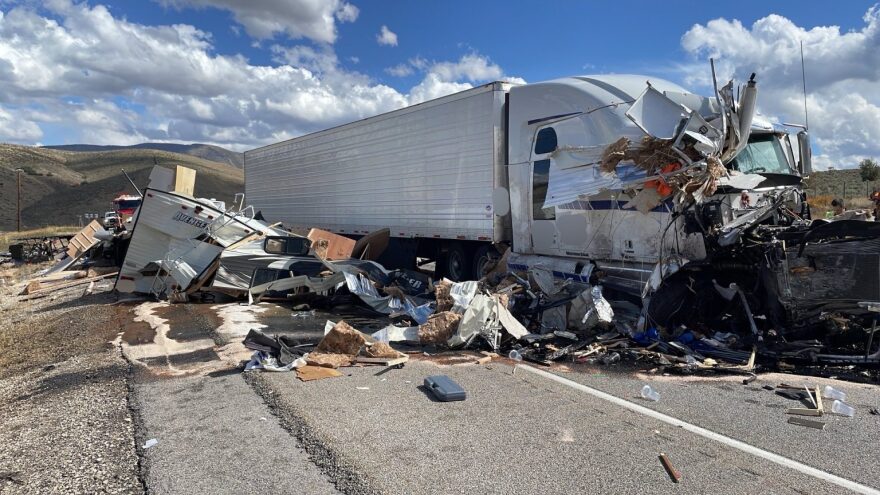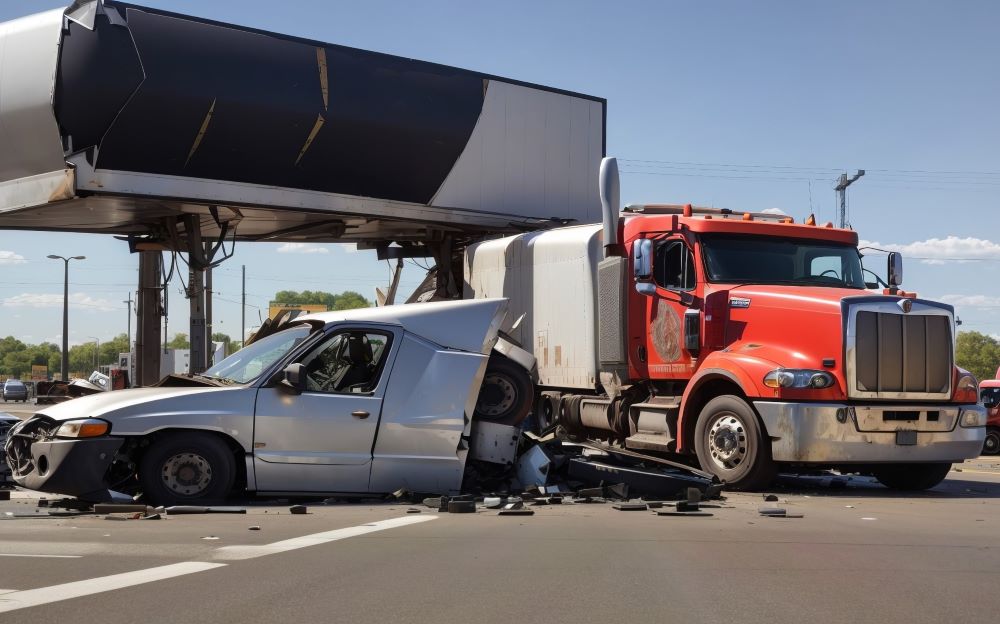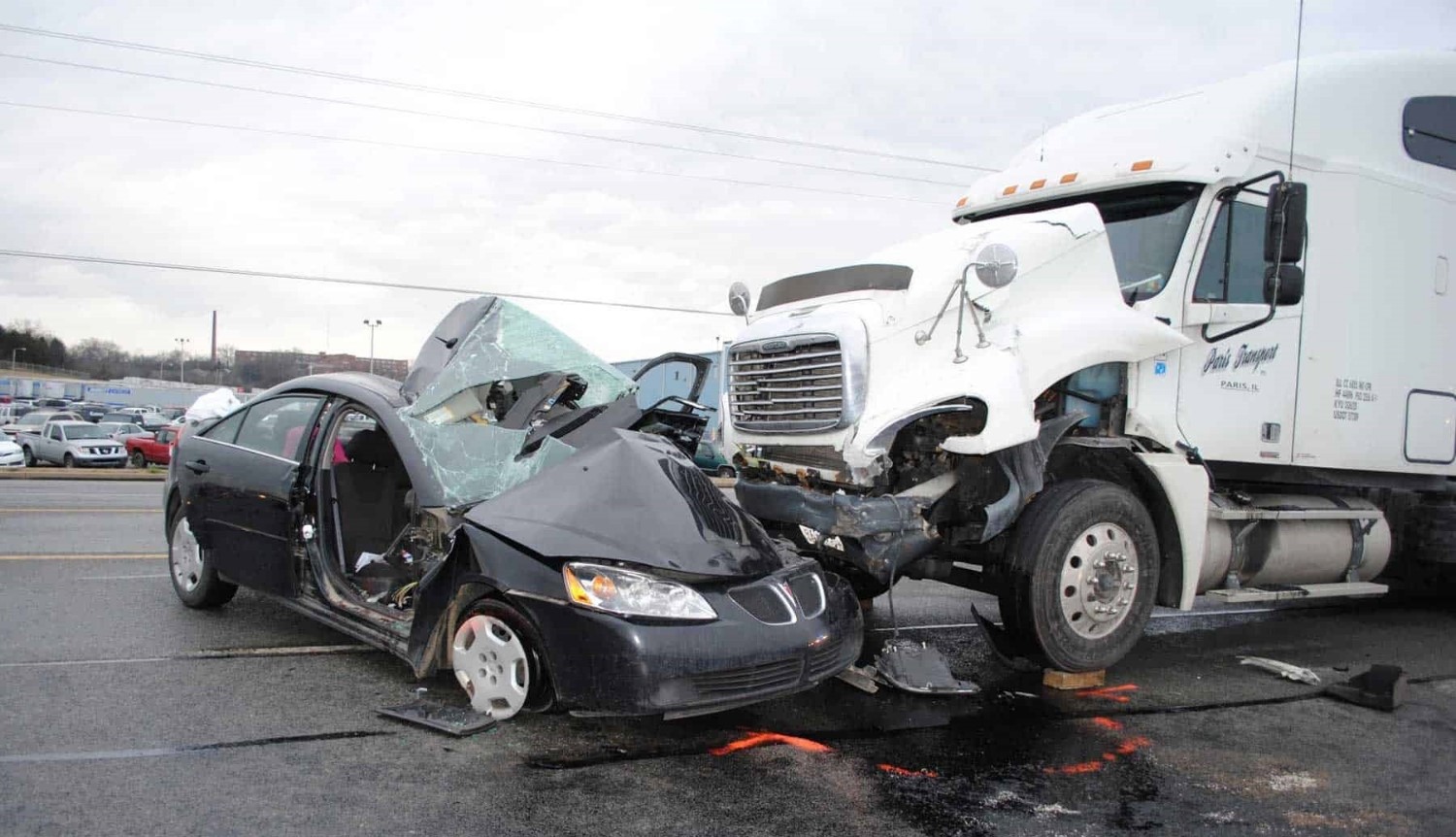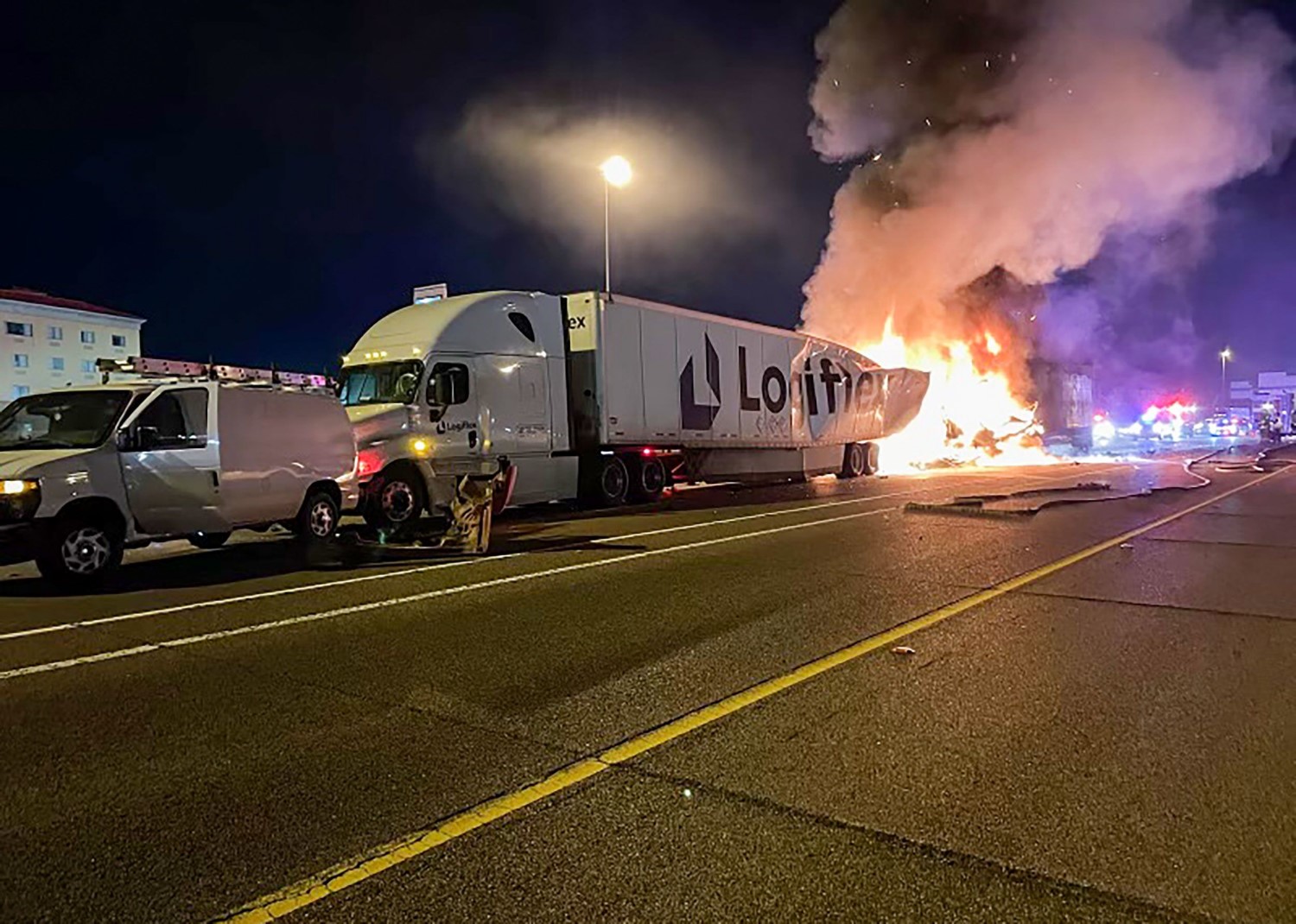The main causes of Truck Accidents & how to cope with aftermath
In this article, we’ll dive deep into the potential causes of truck accidents so you can recognize the dangers early on and avoid any unpleasant situations on the road.
Imagine the following: You’re driving on a highway and you suddenly notice a truck behind you getting closer. Let’s face it—we all feel a bit nervous at this point as we’re all aware of the potential consequences of a truck accident. The aftermath of these is much more serious than your typical car collision you see almost on a daily basis. Trucks are a completely different story.
However, even if they’re not that frequent, truck collisions and accidents do happen and they’re becoming a growing concern in the US. Some areas are more prone to these accidents, especially the regions that are slowly becoming urbanized and more modern. One of these is the state of Indiana which has started opening its doors to a larger number of tourists and it’s becoming more and more crowded by the day.

Its busy highway and interstate roads also mean there’ll be more trucks transporting goods across borders. And with that, the risk gets higher, of course.
The extent of a truck accident
As mentioned, truck accidents are completely different from car accidents. Of course, each accident has its own set of consequences and you want to avoid falling victim to any of these. But, it’s important to highlight that truck accidents do carry more weight.
To put things into perspective, according to a study done in 2023, Indiana is considered the 9th most dangerous state for large truck drivers as almost 12% of crashes and accidents involved large trucks. And when a truck and a car collide or end up in an accident, in most cases, the car is damaged beyond repair.
The aftermath for the parties involved
Additionally, the consequences for the victim are significantly more serious. Injuries usually include traumatic brain injury, spinal cord injury and the risk of internal bleeding is also increased.
Apart from that, the emotional distress is on a completely different level. Drivers are more likely to suffer emotional trauma and develop a fear of driving.
Most common causes of truck accidents in Indiana
With the area becoming more urbanized and the roads becoming more busy due to a large number of tourists and commuters, Indiana has become more prone to truck accidents. The state also has a very specific system of guidelines in place that help determine the fault in a truck accident.
The legal jargon might be a bit too overwhelming for a layman to understand, so it’s always advisable to get in touch with an Indiana truck accident attorney and get some guidance on the process. It’s always better to have some legal support and ensure you get fair compensation.

Unsafe driving practices
The first and foremost cause of truck collisions in Indiana is unsafe driving and this is usually the driver’s fault. As we already know, human error is the main cause of road accidents. If you’re not 100% focused on the road ahead, the chances for an accident taking place increase drastically.
Unsafe driving practices include distracted driving, speeding, risky lane changes and driving under the influence. Distracted driving is the biggest problem as today it’s so easy to get distracted and take your eyes off the road. Many truck drivers text, talk on the phone and even check their social media while driving.
Also, speeding and reckless driving that involves tailgating and sudden changes of lanes are yet another important side of the issue. As most drivers have very strict deadlines, they often employ these unsafe driving practices to get to their destination quickly.
Not following safety regulations
Trucking companies are the ones who need to ensure the wellbeing and safety of their drivers. Unfortunately, they often fail to do that. They put their profits first and completely neglect all other aspects of the business.
The trucking company is required to keep up with a number of safety regulations and they also need to ensure regular vehicle maintenance and normal working hours.
They often fail to perform regular vehicle checks and this leads to serious problems and truck breakdowns that can easily cause the driver to lose control of the vehicle and endanger the life of another traffic participant.
Government agency vehicles
In case this is the first time you hear about government agency vehicles, these are the trucks you can see daily in the streets. For instance, government agency vehicles are ambulances, fire trucks, city buses, etc.
If you’ve ever walked the streets of Indiana(or any other state for that matter), you’ve probably noticed how these vehicles often do not follow any necessary regulations. And by choosing not to follow the law, they present a danger for pedestrians and other vehicles as well.
Of course, in emergency situations, nobody expects these vehicles to abide by the speeding limit, especially when someone else’s life is in danger. Nonetheless, it’s still important to put safety first and ensure you’re not putting anyone else in danger.
However, these types of accidents are a bit more specific and have certain regulations tied to them. Again, it’s a matter that your lawyer will be able to explain better and shed light on the complexities of the issue.

The bottom line
Hopefully, if you’re a truck driver reading this post, you’re now more able to make safe driving decisions and you also understand the importance of keeping an eye on the road at all times. For Indiana drivers, this means being extra careful in this period of transition when the roads are busier than usual.
By following the safe driving practices, keeping to the speed limits and taking regular breaks while driving, you can lower the risks of accidents and ensure a safe driving experience for you and other people.
Trucking companies also need to realize the importance of prioritizing drivers’ wellbeing by adjusting the working hours and scheduling regular maintenance.
Truck accidents are becoming a serious problem and it’s best to nip it in the bud before it develops into something more concerning.
